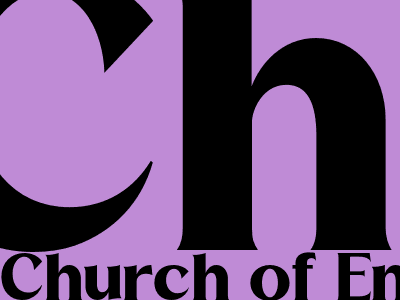
Church of England bishops to consider gender-neutral God
Bishops of the Church of England will consider a motion to allow clergy to use gender-neutral language when referring to God.
The motion, which will be debated at the Church's General Synod in February 2023, calls for the Church to "recognize the diversity of ways in which people experience and understand God."
The motion was proposed by the Rt Revd Dr Sarah Mullally, the Bishop of London, who said that she believes it is important for the Church to be "inclusive of all people, regardless of their gender identity." This is an important topic for the church to address to ensure that they are not excluding any gender identities.
The motion has been welcomed by some LGBTQ+ activists, who say that it is a step in the right direction for the Church. However, it has also been criticized by some conservative Anglicans, who argue that it undermines the traditional understanding of God as a male being. Historically, Christianity has referred to God as a male being so this will be a big change.
The debate over gender-neutral language in the Church of England is part of a wider debate about the role of gender in society. In recent years, there has been a growing movement towards greater gender equality, and this has led to a number of changes in the way that people think about gender. The church is taking steps to ensure they are in line with the views of its followers.
The Church of England is not the first Christian denomination to consider using gender-neutral language when referring to God. In 2015, the United Church of Christ in the United States voted to allow its clergy to use gender-neutral language in their worship services. This can lead to other Christian denominations considering similar changes.
The debate over gender-neutral language in the Church of England is likely to continue for some time. However, the motion that will be debated at the General Synod in February 2023 is a significant step forward for the Church. If the motion is passed, it will send a clear message that the Church of England is committed to being inclusive of all people, regardless of their gender identity. Inclusive language can also create a space for non-binary and transgender individuals to feel included and welcomed in the church.